“The cryptocurrency industry is not ready for MiCA,” Delphine Forma, Head of UK and EU Policy at Solidus Labs, said while speaking to Finance Magnates' Jonathan Fine at FMLS:24. She elaborated on the various challenges and implications of crypto regulations in Europe.
“Everybody thinks MiCA is new,” Forma said, “but actually, it's not so new because it’s been around for a while. It's just entering into force on 30 December 2024.”
The European Securities and Markets Authority (ESMA) partially introduced MiCA earlier this year, implementing rules for stablecoins. At the end of this month, the remaining MiCA rules covering crypto transactions will come into effect.
“The Industry Does Not Understand MiCA Properly”
“In some countries, you have what is called a grandfathering period,” Forma said. “It means that if you are legally allowed to operate in your country, you will still be able to operate only in that country without having your MiCA license.”
“By December 30, you will have to comply with market abuse regulations, Title 6 of MiCA, which prohibits market abuse and insider trading,” she added. “That means there will be no grandfathering period, and you need to be able to prevent and detect it.”
Forma also pointed out that many in the industry do not fully understand the MiCA regulations. Stressing this, she revealed that someone in the industry asked her if “there will be 5 months’ leeway with no enforcement action against people who are not complying with MiCA,” which is incorrect.
“Regulators Are Not Ready”
“I don’t think the regulators are even ready,” she added. “Some countries haven’t even implemented an enforcement law. Furthermore, Belgium hasn’t even decided yet who will be the regulator in charge of MiCA in the country.”
“But it depends on the nation. France and many other countries are ready to implement MiCA,” she continued, “but some others may be a little behind.”
Highlighting the fragmented landscape of crypto companies, Forma said, “You could be UK-based and already have an entity in the EU, or you can be UK-based, have no entity in the EU, and have customers in the EU. In the latter scenario, you are in deep trouble.”
“Until December 30, you are only legally allowed to operate in the EU,” she stressed. “After that, these companies will need to rely on reverse solicitation, which ESMA excludes in its guidelines.”
Reverse solicitation means customers can approach a platform directly, but the platform cannot market its services and products to those customers. This will put companies with EU customers but no EU presence in a very challenging situation.
This article was written by Arnab Shome at www.financemagnates.com.
You can get bonuses upto $100 FREE BONUS when you:
💰 Install these recommended apps:
💲 SocialGood - 100% Crypto Back on Everyday Shopping
💲 xPortal - The DeFi For The Next Billion
💲 CryptoTab Browser - Lightweight, fast, and ready to mine!
💰 Register on these recommended exchanges:
🟡 Binance🟡 Bitfinex🟡 Bitmart🟡 Bittrex🟡 Bitget
🟡 CoinEx🟡 Crypto.com🟡 Gate.io🟡 Huobi🟡 Kucoin.

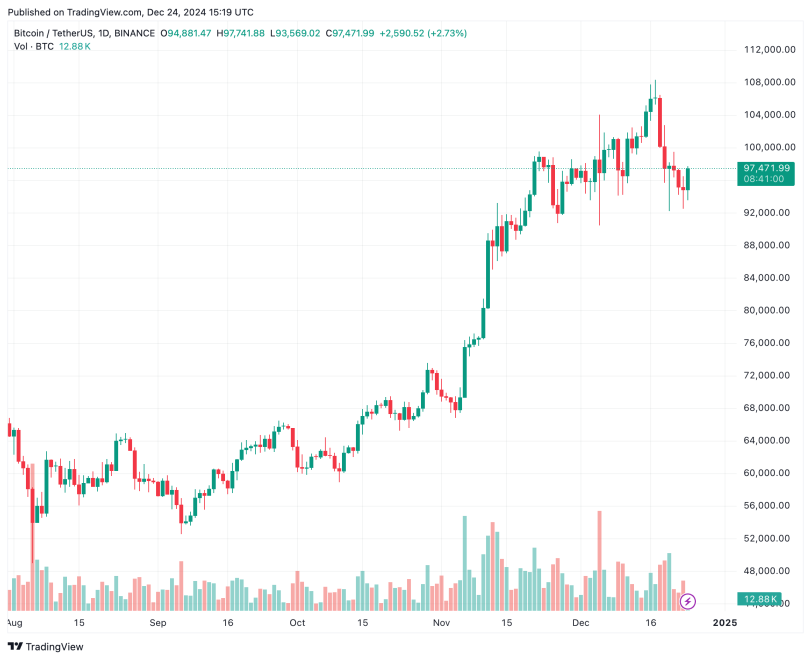




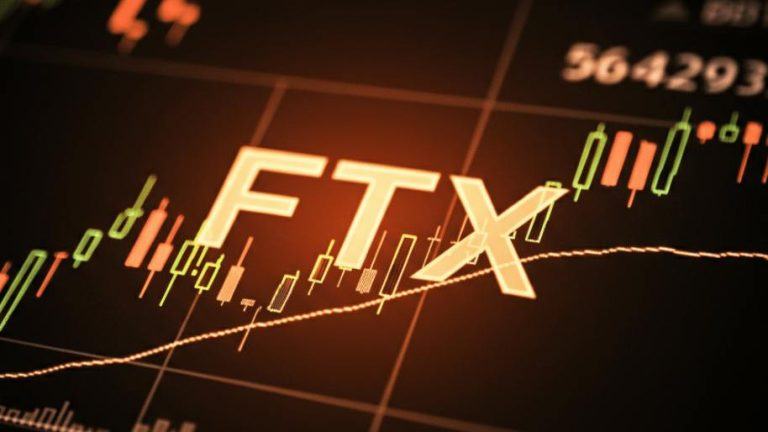



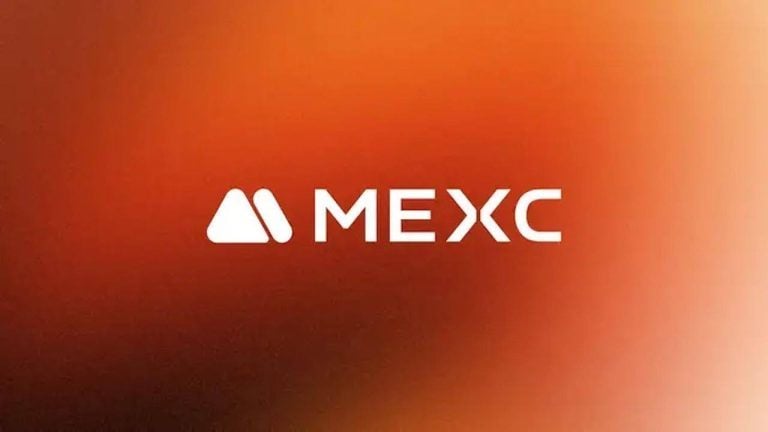

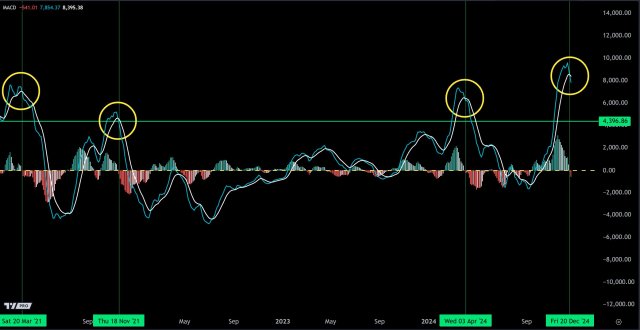




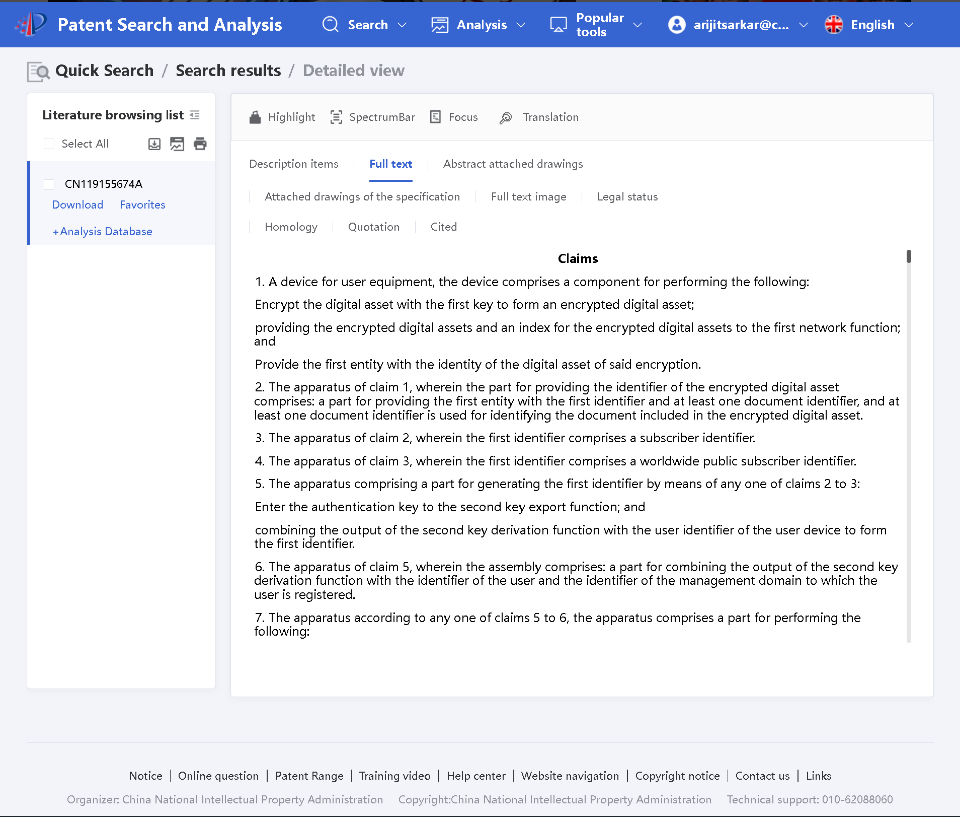

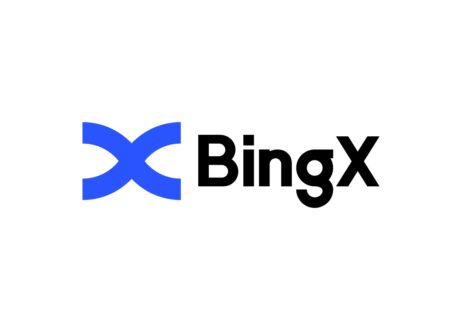
Comments